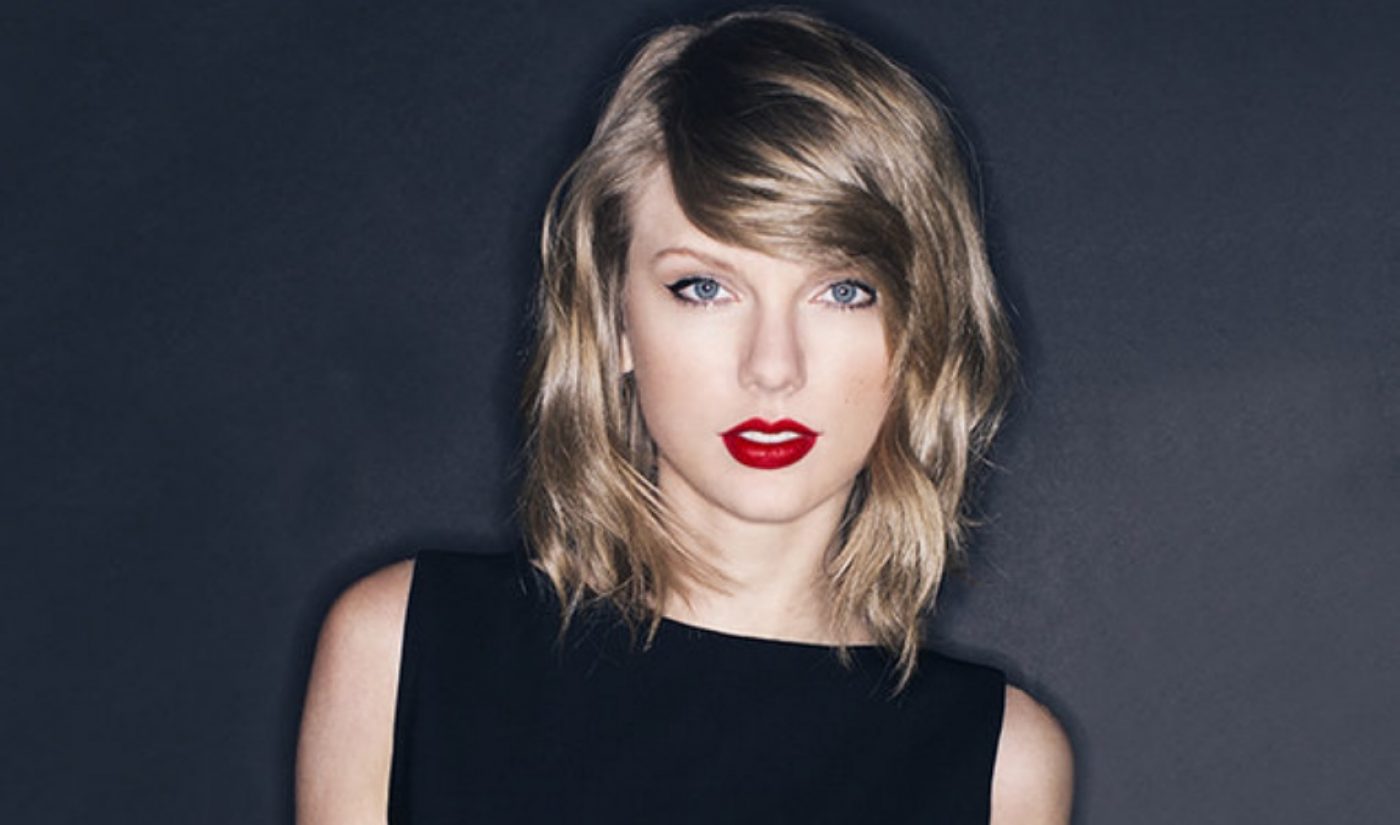The recording industry has won a major victory in its years-long spat with streaming platforms like YouTube. The government-run Copyright Royalty Board (CRB) has decided that streaming services must now pay songwriters at least 15.1% of the revenue they receive from licensed music, an increase from the current rate of 10.6%.
Bloomberg, which reported the news of the decision, noted that the new rates will be in effect for the next five years, giving songwriters an extended chance to receive the sort of streaming-based earnings they have long sought. In 2016, the RIAA complained about the existence of a “value gap” on YouTube, which it said depressed the royalty rate reaped by the recording industry. Though YouTube contested those claims, the NMPA and the NSAI — both of which represent songwriters — chose to bring the issue before the CRB.
Naturally, executives at those companies found the judicial body’s decision to be satisfactory. “We are thrilled the CRB raised rates for songwriters by 43.8% – the biggest rate increase granted in CRB history,” said NMPA President and CEO David Israelite in a statement. “The ratio of what labels are paid by the services versus what publishers are paid has significantly improved, resulting in the most favorable balance in the history of the industry…The decision represents two years of advocacy regarding how unfairly songwriters are treated under current law and how crucial their contributions are to streaming services.”

Subscribe to get the latest creator news
Though this ruling is a big win for songwriters, the battle between organizations like the NMPA and streamers like YouTube may not be over. Enlisting the help of stars like Taylor Swift, the recording industry has lobbied the US government to revise the Digital Millennium Copyright Act, which currently offers strong protections to streaming platforms through its “safe harbor” provision. That policy, however, has withstood several court challenges.
That ongoing dispute aside, the relationship between music rights holders and streamers does seem to be improving, both due to decisions like the CRB’s and YouTube’s own overtures to labels, which are being spearheaded by executive Lyor Cohen. With Cohen’s help, YouTube recently re-upped several licensing deals with massive labels Universal and Sony.








